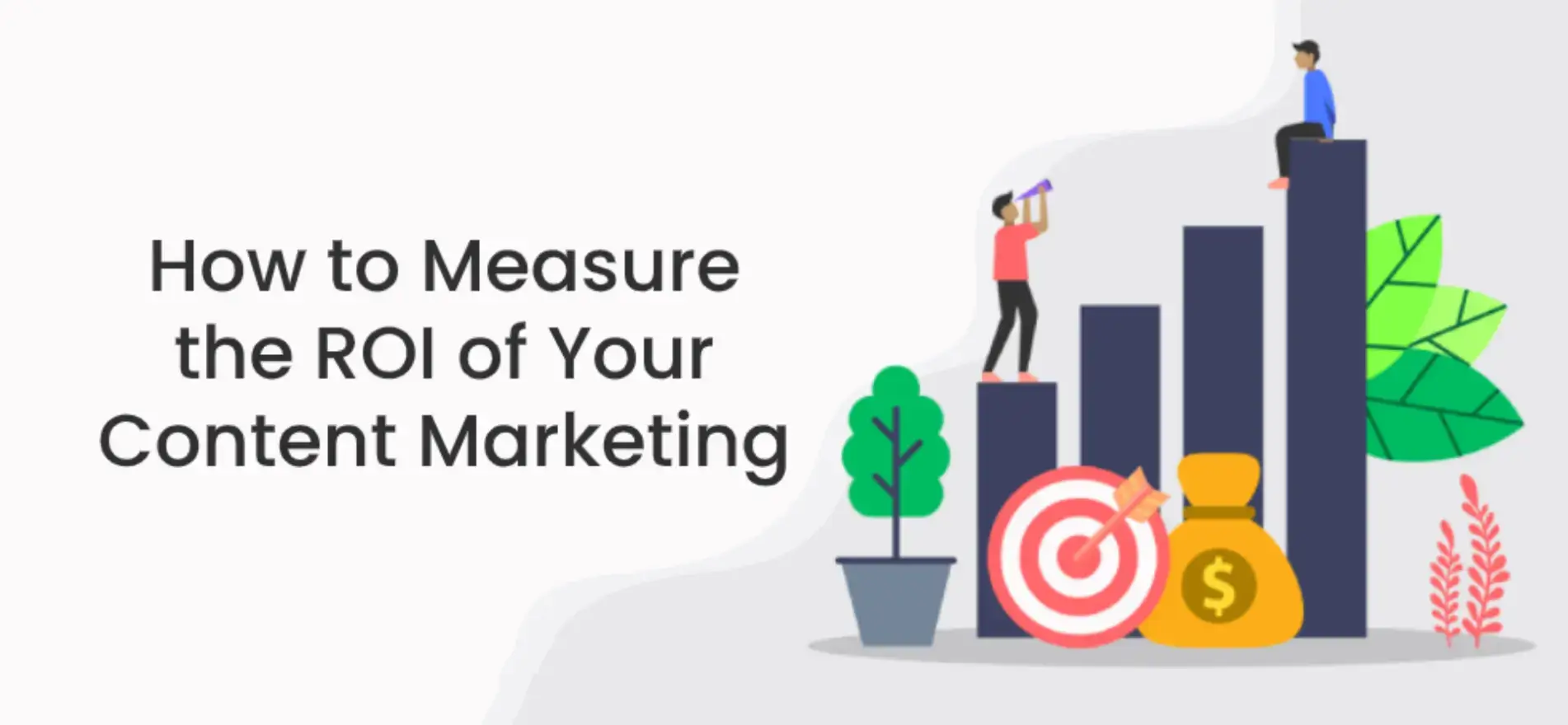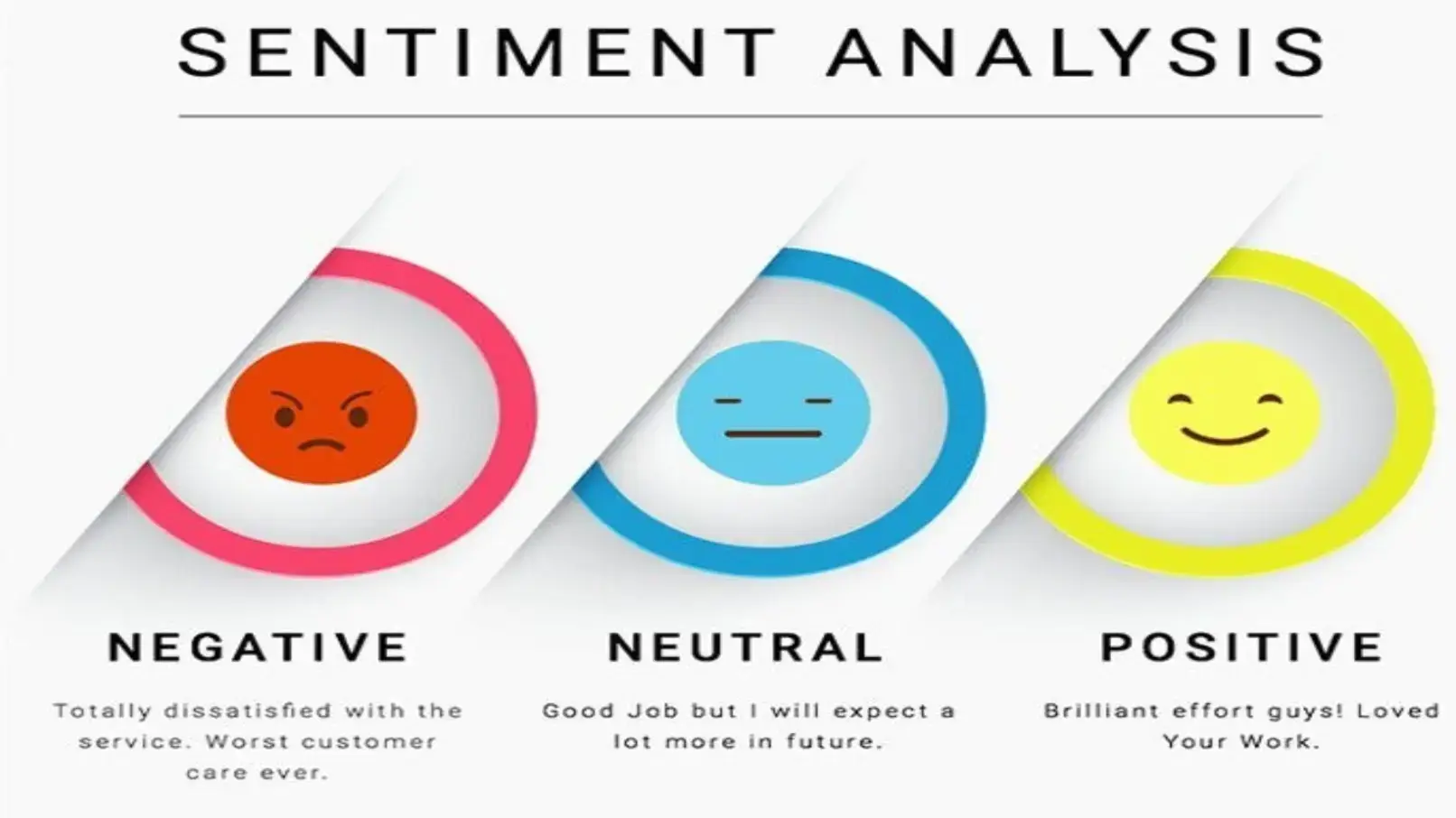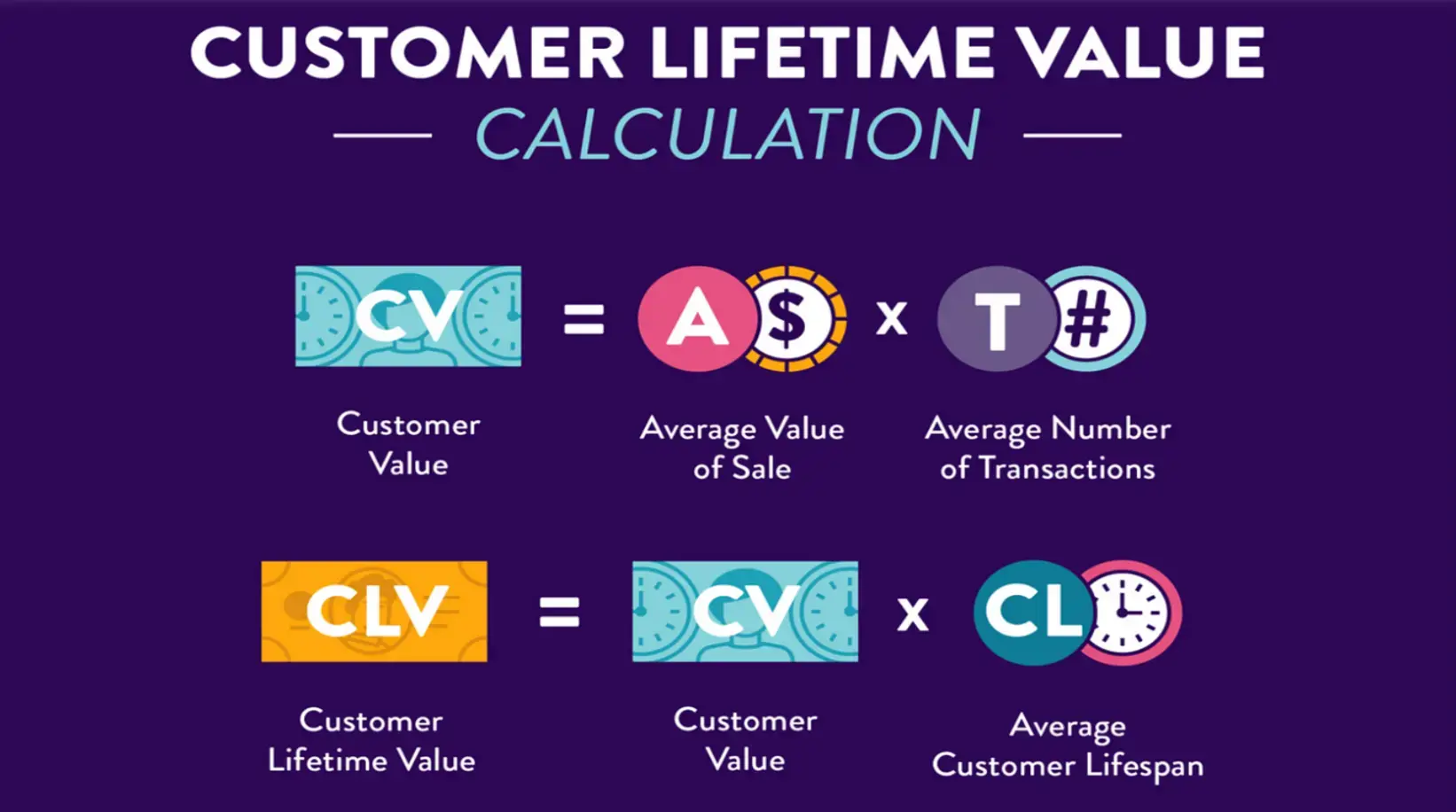Do you want to know how your content marketing strategy is working? Do you need help to measure your content marketing efforts' return on investment (ROI)?
Then you've come to the right place! With the rise of Artificial Intelligence (AI) in the business landscape, it's high time we harness its power in content marketing.
This guide will walk you through seven key strategies to measure your content marketing ROI using AI.
Stick with us to discover how you can streamline your efforts, make data-backed decisions, and, ultimately, boost your bottom line.
Skip to:
- Why Should You Measure Your Content Marketing ROI?
- 7 Strategies for Measuring Your Content Marketing ROI with AI
- FAQs
An Overview of Content Marketing ROI

Content Marketing ROI (Return on Investment) refers to the revenue you gain relative to the cost of your content marketing efforts.
It's a measurement of the effectiveness of your content marketing strategies in generating profit for your business.
Calculating your content marketing ROI allows you to understand which strategies are working, which need improvement, and where your resources are best allocated for maximum profitability.
However, measuring content marketing ROI is more complex.
Unlike traditional advertising, where the results are more tangible and immediate, content marketing has a longer sales cycle and involves multiple touchpoints.
This makes it challenging to measure its impact on bottom-line revenue accurately, and that's where AI proves helpful!
With its ability to analyze vast amounts of data quickly and accurately, AI can help you overcome many challenges associated with measuring content marketing ROI.
Why Should You Measure Your Content Marketing ROI with AI?
There are several compelling reasons to measure your content marketing ROI with AI.
Let's explore some of them:
- Increased Accuracy: AI can sift through large amounts of data, identifying patterns and insights more accurately than humans. The use of AI for social content strategy is the best strategic move; how is it? Let’s imagine you're a small business owner running different content campaigns across social media. AI can accurately track engagement and conversion rates across all campaigns, helping you understand which ones have the best ROI.
- Real-Time Results: AI tools can provide real-time analysis, allowing you to adjust your content strategy on the fly. You can monitor how it's performing in real time, tweaking it as necessary to get the best results.
- Predictive Analysis: AI can identify trends and predict future outcomes, helping you to optimize your content strategy. For instance, if you run an online store and AI predicts a surge in interest in a particular product, you can create and push content related to that product to capitalize on the anticipated demand.
- Personalization: With AI, you can personalize content to individual user preferences, increasing engagement and, ultimately, ROI. If you're a fitness blogger, AI can help you tailor content to each user's fitness goals, keeping them engaged and more likely to purchase your products or services.
- Cost Efficiency: AI can automate tasks that would otherwise require a lot of human resources. This frees up your team to focus on strategy and creative tasks. In a marketing agency, for example, AI can automate gathering and analyzing data, saving time and costs.
- Competitor Analysis: AI tools can help you keep tabs on your competitors, giving you insights into their strategies and how you can outperform them. Imagine being a restaurant owner - with AI, you could understand what menu items your competitors are promoting and adjust your content strategy accordingly.
- Identifying Opportunities: AI can finally reveal opportunities you may have overlooked, like untapped markets or trending topics. As a tech company, you could leverage AI to discover trending tech topics and create content around them to attract more visitors to your website.
By bringing AI into your content marketing strategy, you're not just keeping up with the times - you're staying ahead of the curve.
7 Strategies for Measuring Your Content Marketing ROI with AI
Now that we've established the importance of measuring your content marketing ROI with AI, let's dive into seven strategies to do just that:
1. Setting clear objectives

The first strategy on our list involves setting clear and measurable objectives for your content marketing efforts.
Remember, your goals should be distinctly quantifiable, realistic, and aligned with your business objectives.
You might aim for increased website traffic, higher engagement rates, more newsletter sign-ups, or a boost in product sales. By defining your goal, you create a roadmap to guide your content marketing decisions.
Moreover, aligning your content marketing objectives with your business goals ensures that your efforts contribute meaningfully to your company's larger vision.
So, take a moment to define your goals - it's an essential first step in leveraging AI to measure your content marketing ROI effectively.
2. Data collection and integration
Data collection and integration are your foundation for measuring content marketing ROI with AI.
AI tools streamline data collection by automatically gathering information from various online channels, such as social media platforms, websites, and email campaigns.
Utilizing AI means you don't have to manually pull data, saving you precious time and ensuring accuracy.
But it's not just about collecting data; it's also about integrating it. AI combines data from disparate sources into a unified view, comprehensively analyzing your content marketing performance.
AI tools like Google Analytics, SEMrush, and Hootsuite are just some popular options to consider. This means you get a holistic view of what's working and what's not, empowering you to make informed decisions.
3. Attribution modeling
The third strategy is understanding your customer's journey and implementing AI-driven attribution models for accurate ROI assessment.
You see, more is needed to push out content; you need to understand how your customers interact with that content.
This journey, from first contact to the eventual purchase, is crucial.
But tracking this can be complex, especially when customers interact with multiple touchpoints.
That's where AI-driven attribution models come in handy. These models accurately attribute value to each touchpoint in the customer journey, helping you understand which content drives ROI.
Remember, accurate measurement is key to optimizing your content marketing strategy.
4. Sentiment analysis

Sentiment analysis is a powerful tool that leverages AI to understand how audiences feel about your content.
By analyzing social media posts, reviews, and other online mentions, sentiment analysis can help you measure the impact of your content on your audience's emotions.
This provides valuable insights into how well your content resonates with your target demographic and helps guide future content creation.
For example, if sentiment analysis reveals that a particular piece of content generates negative emotions, you can use that information to adjust your messaging and create more positive content.
5. Content performance metrics
Another strategy involves measuring content performance metrics.
Keeping track of engagement metrics like click-through rates and time spent on your content provides invaluable insights into its effectiveness.
AI-enhanced tools make this analysis a breeze. They delve deep into these metrics, giving you a clear picture of how your content is performing.
For example, a low click-through rate might indicate that your content's headline or description needs to be more enticing for readers.
On the other hand, short time spent could mean your content isn't holding your audience's interest. You can adjust your content and strategy by monitoring these metrics.
Remember, you're not just creating content; you're crafting experiences for your audience. Make those experiences count by leveraging AI-enhanced analysis for effectiveness and ROI.
6. Customer lifetime value (CLV) analysis

Understanding your Customer Lifetime Value (CLV) is essential to measuring your content marketing ROI.
When you know how much value a customer brings to your business over their lifetime, you can better gauge the impact of your content marketing efforts.
AI tools can powerfully forecast your CLV, considering factors like purchase history, engagement rates, and demographic information.
You can see how your content influences long-term customer value by linking this AI-predicted CLV to your content marketing efforts.
This way, you're not just focusing on short-term gains, like click-through rates or one-time sales, but aligning your content strategy with long-term customer engagement and profit.
Integrating AI in CLV analysis empowers you to create content that truly resonates with your audience, fostering a loyal customer base and driving sustainable business growth.
7. Reporting and visualization
The seventh and final strategy on our list to leverage AI in measuring your content marketing ROI is the effective use of reporting and visualization.
AI tools can significantly enhance this process, translating raw data into visually appealing, easy-to-understand reports.
Now, you're not just looking at numbers and percentages; you're seeing trends and patterns, color-coded charts, and interactive graphs.
And guess what? These visual insights make it easier for you to understand your content's performance. But it's not only about you, is it? You also need to communicate your ROI to stakeholders effectively.
Visual reports make it easier for them to understand the impact of your content marketing efforts. Instead of overwhelming them with data, you present them with clear, concise insights.
FAQs
1. How can continuous optimization through AI tools improve content marketing ROI?
Continuous optimization through AI tools allows you to constantly track and analyze your content's performance, making data-driven decisions that can improve your ROI.
By leveraging AI-powered insights, you can identify areas for improvement and adjust your content strategy accordingly, resulting in better audience engagement and increased ROI.
2. Does cost analysis play a role in measuring content marketing ROI?
Yes, cost analysis is an essential aspect of measuring content marketing ROI.
By considering the costs of creating and promoting your content, you can accurately determine its ROI and make informed decisions about future investments.
3. Can AI tools help identify underperforming content?
AI tools can help identify underperforming content by analyzing engagement metrics and customer behavior.
By pinpointing which pieces of content are not resonating with your audience, you can make necessary adjustments to improve their performance and overall ROI.
Overall, leveraging AI in content marketing enables businesses to make data-driven decisions, optimize their strategies, and drive better ROI.
Takeaway
Incorporating AI in measuring content marketing ROI is beneficial and essential in today's data-driven world.
From predicting customer lifetime value, performing sentiment and cost analysis to offering powerful reporting and visualization tools, AI empowers businesses to understand their audience better, optimize their content strategy, and ultimately achieve better ROI.
As we've explored, continuous optimization and cost analysis are vital in this process, helping businesses identify underperforming content and make data-driven decisions.
Remember, the ultimate goal is creating content and crafting resonating experiences for your audience. With AI, you're not just guessing but making informed decisions.
Are you ready to leverage AI to enhance your content marketing strategy? If so, it's time to step into the future of content marketing.
Embrace AI today and watch your content marketing ROI soar. Don't wait; revolutionize your content marketing strategy with AI now!
Author Bio
Paul Aroloye owns the #1 AI Review Blog and helps websites rank on Google. You can reach out to him here.


